Scenes from a recent University of Wisconsin football game.








Scenes from a recent University of Wisconsin football game.








A brief video captured while walking on Madison’s Picnic Point.
Music: Kronos Quartet does Sigur Ros.
UPDATED:
Listen to this event via a mp3 audio file. My question begins at about 30:40 of the 58 minute event.
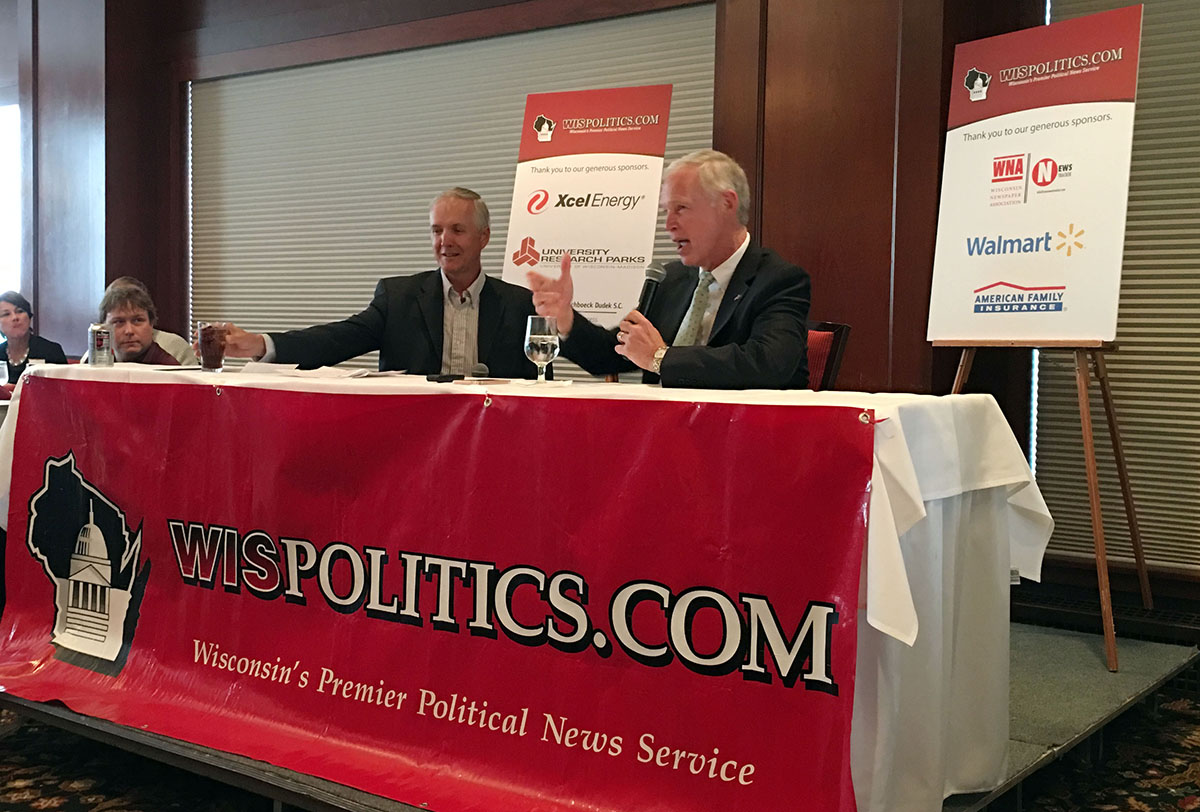
I often try to attend WisPolitics’ periodic lunches. These events feature members of the political class, including elected officials, candidates, lobbyists and many other parts of the “machine”.
The meetings are a rare opportunity to publicly question our elected officials [3].
And so it was on Friday, that current US Senator Ron Johnson, running for re-election in 2016, participated in a WisPolitics event.
My question:
I am glad that you mentioned liberty and accountability (in your opening remarks).
During the past few years, the CIA has admitted hacking into the Senate computers [1] and the Director of National intelligence acknowledged lying to Congress [2]. Both are felonies. Yet, nothing has been done.
You have voted repeatedly for secret courts and domestic spying. How will our grandkids view these decisions?
Johnson defended his votes (I did not get the sense that he understands these issues in depth – see Barton Gellman at Purdue) and mentioned that he has met with members of the “secret courts”. I responded that the lack of oversight does little for most Americans and that the non secret courts have begun to require warrants for certain government actions.
Suggested Reading:
Eben Moglen on Snowden and the future.
Retroactive immunity for US telecom companies.
Behind the European Privacy Ruling That’s Confounding Silicon Valley.
How is NSA breaking so much crypto?.
Another perspective: The Painful Truth About Snowden – John Schindler.
John Oliver interviews Edward Snowden.
The Secret History of American Surveillance.
Suggested Films:
Citizen Four and the Lives of Others.
Listen to this event via a mp3 audio file. My question begins at about 30:40 of the 58 minute event.
Watch it here.
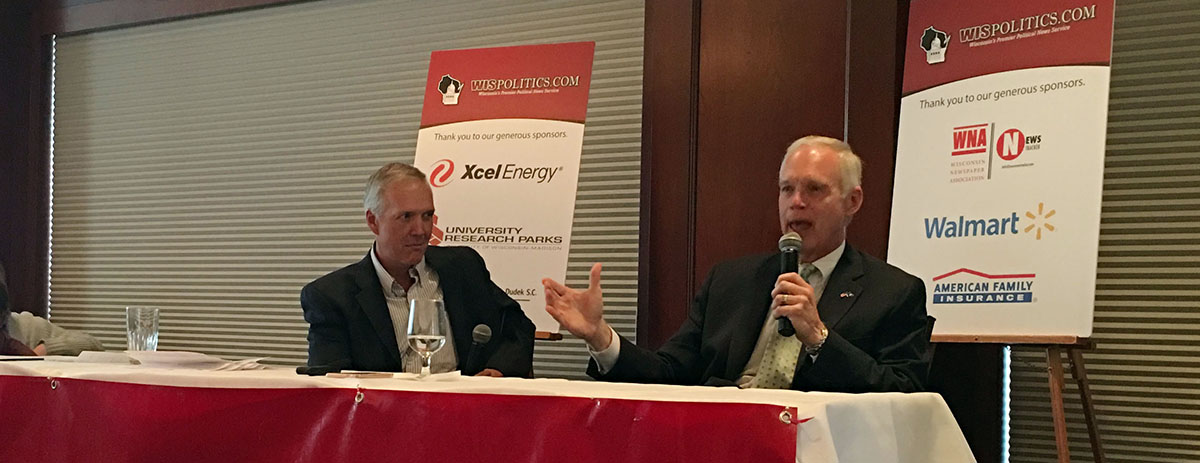
[1] CIA hacks into Senate computers.
[2] Director of National intelligence acknowledged lying to Congress.
[3] A question free Madison appearance: Russ Feingold and Elizabeth Warren.
[4] The Cap Time’s Jessie Opoien posted a thin event summary.
Ron Johnson’s Campaign Website 2010 campaign website via archive.org My archive. @senronjohnson
Russ Feingold’s Campaign Website. 2002 website and 2010 via archive.org My archive. @russfeingold
China is launching a comprehensive “credit score” system, and the more I learn about it, the more nightmarish it seems. China appears to be leveraging all the tools of the information age—electronic purchasing data, social networks, algorithmic sorting—to construct the ultimate tool of social control. It is, as one commentator put it, “authoritarianism, gamified.” Read this piece for the full flavor—it will make your head spin. If that and the little other reporting I’ve seen is accurate, the basics are this:
Henry Farrell and Abraham Newman:
The European Court of Justice, Europe’s highest court, has just ruled that the Safe Harbor, an arrangement between the European Union and the United States allowing for the transfer of personal data, is legally invalid. Few non-specialists have heard of the Safe Harbor. Even so, this ruling is going to send shock waves through both Europe and the United States. Here’s how it happened (we talk about the implications in a separate post).
The Safe Harbor is the cornerstone of transatlantic e-commerce
Over the last 15 years, major U.S. e-commerce firms, such as Facebook, Google, Microsoft and Amazon, have developed big markets in Europe. They all rely on an arrangement called “Safe Harbor” to export personal data from Europe to the United States. The Safe Harbor was negotiated between Europe and the United States after a previous transatlantic dispute in which Europe threatened to stop transatlantic data flows. Europe has comprehensive legislation guaranteeing the privacy of E.U. citizens and preventing businesses from using their personal information in various potentially harmful ways. The United States does not have comprehensive privacy legislation (although it does protect the data of U.S. citizens against government intrusions, and provides some protections, e.g. for health data).
A few years back, David Neeleman, the founder of JetBlue Airways, left his company and launched a new airline in Brazil. The airline, Azul, flies 22 million people a year, employs 12,000 people, and is the fastest-growing carrier in the region.
You’d think running such a large, complex operation would require a move to South America. But Neeleman commutes to Azul’s Sao Paulo headquarters every week from his home in Connecticut, taking the 10-hour redeye on Sunday nights and returning on Thursdays. This way, he says, he doesn’t have to uproot his family of 10 kids.
“My wife wasn’t so interested in moving,” said Neeleman, who recently bought TAP, Portugal’s national airline and is now commuting there as well. “We had all these kids playing [American] football and lacrosse. They don’t have those sports in Brazil.”
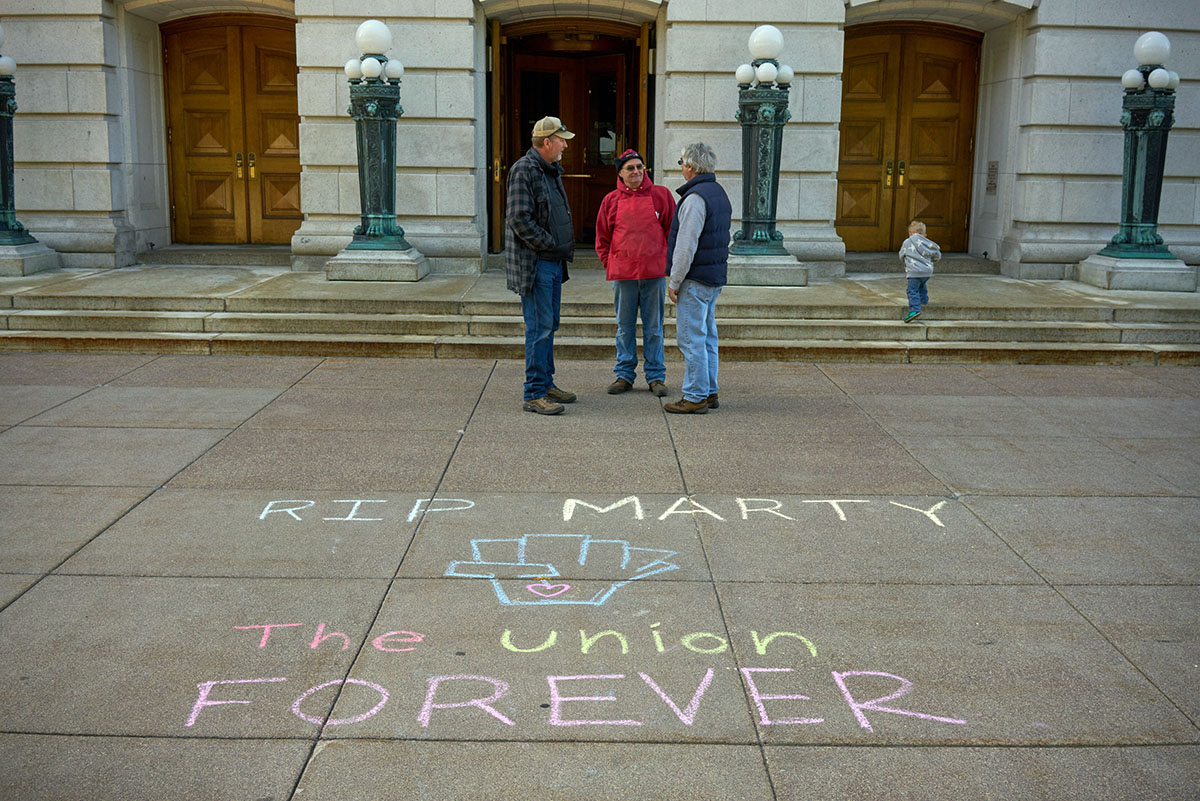





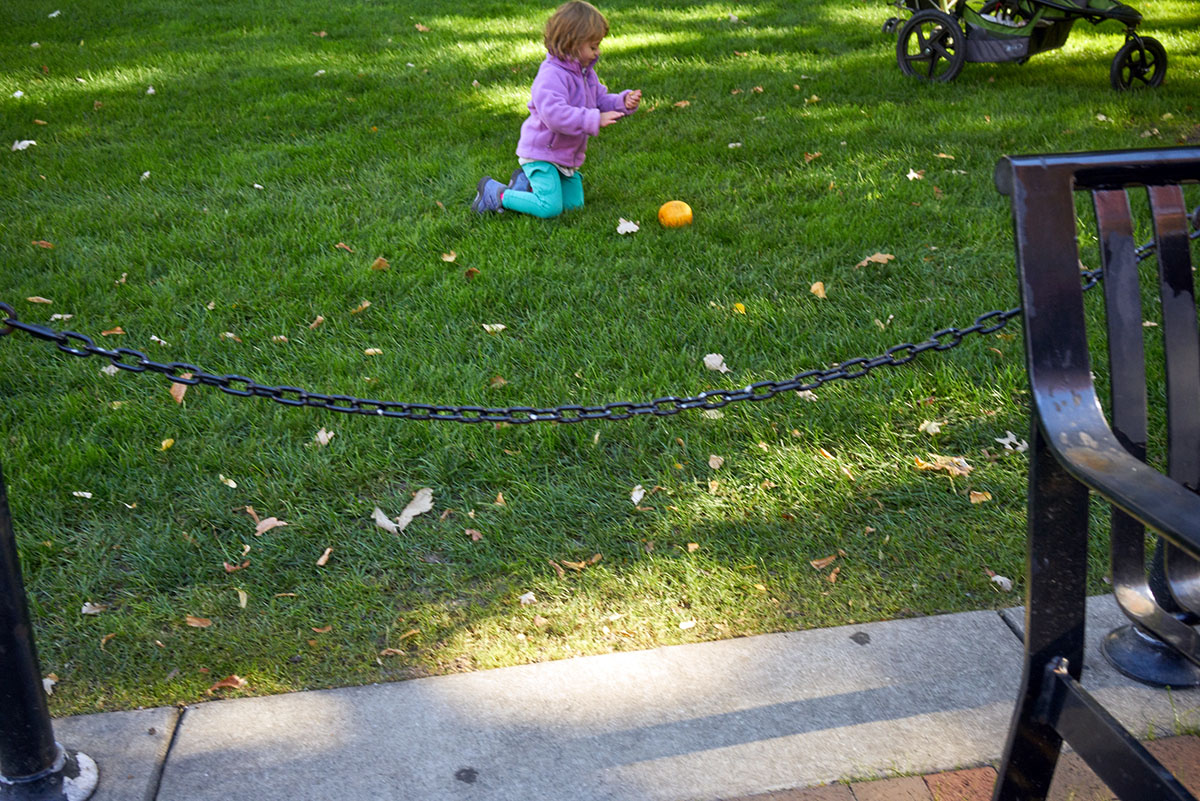








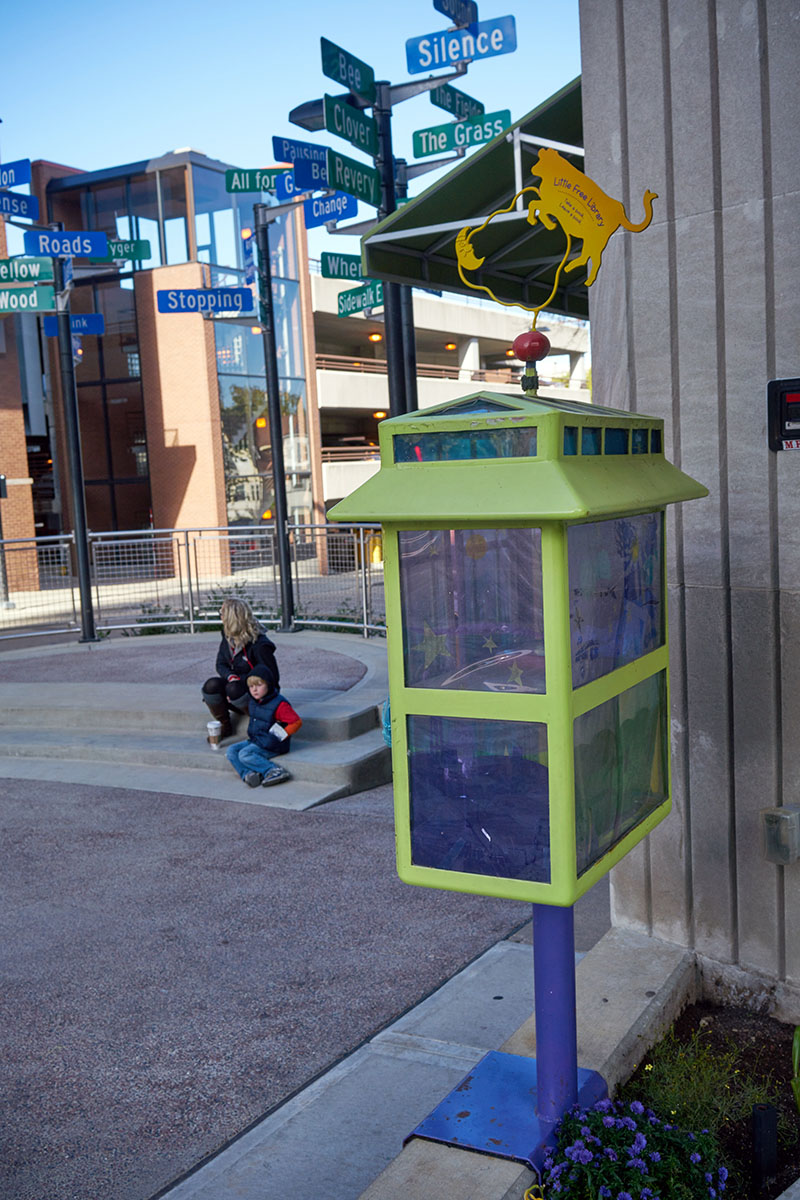

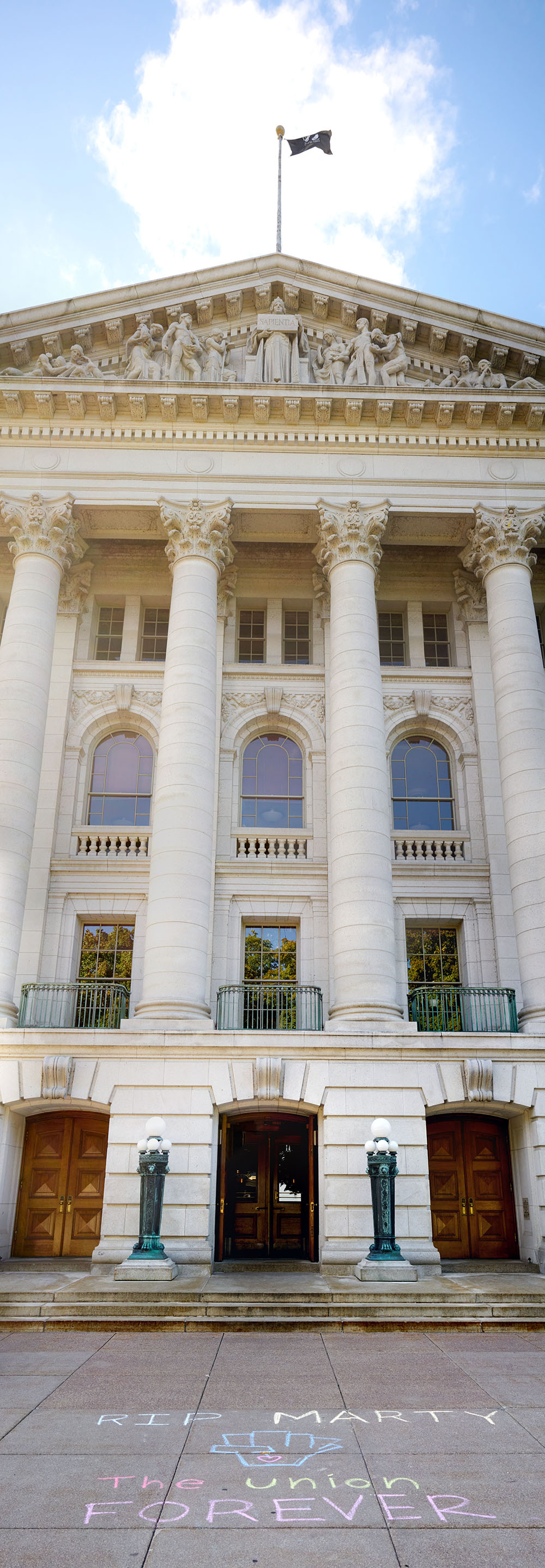
And, so it was, with a small time window, I asked Siri for nearby museums. The American Sign Museum appeared to be an interesting choice and off I went.
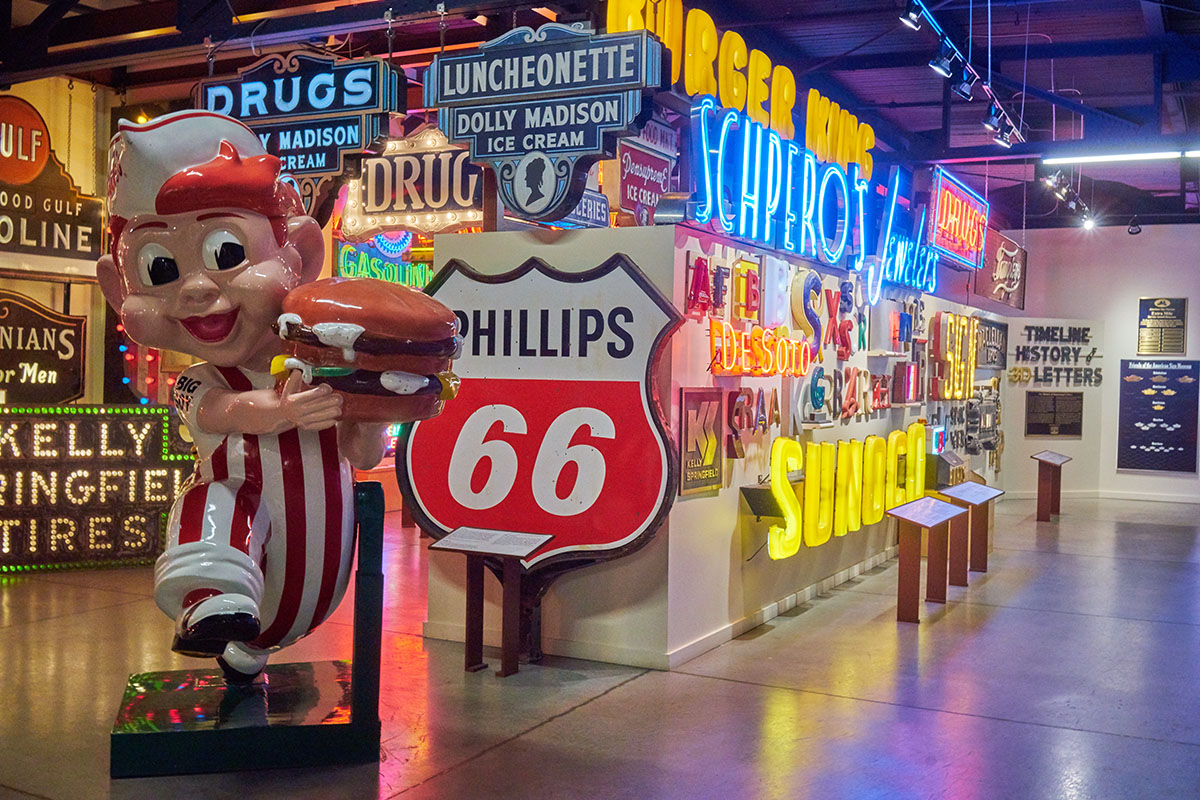

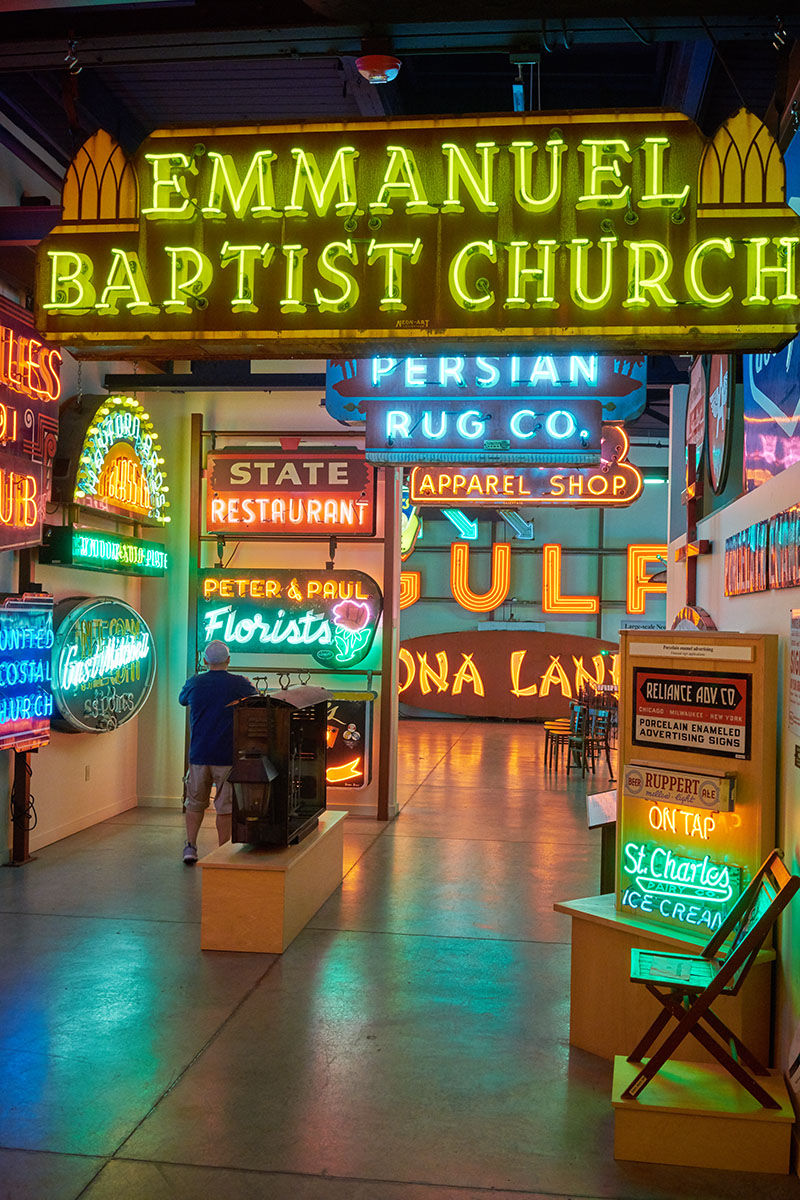


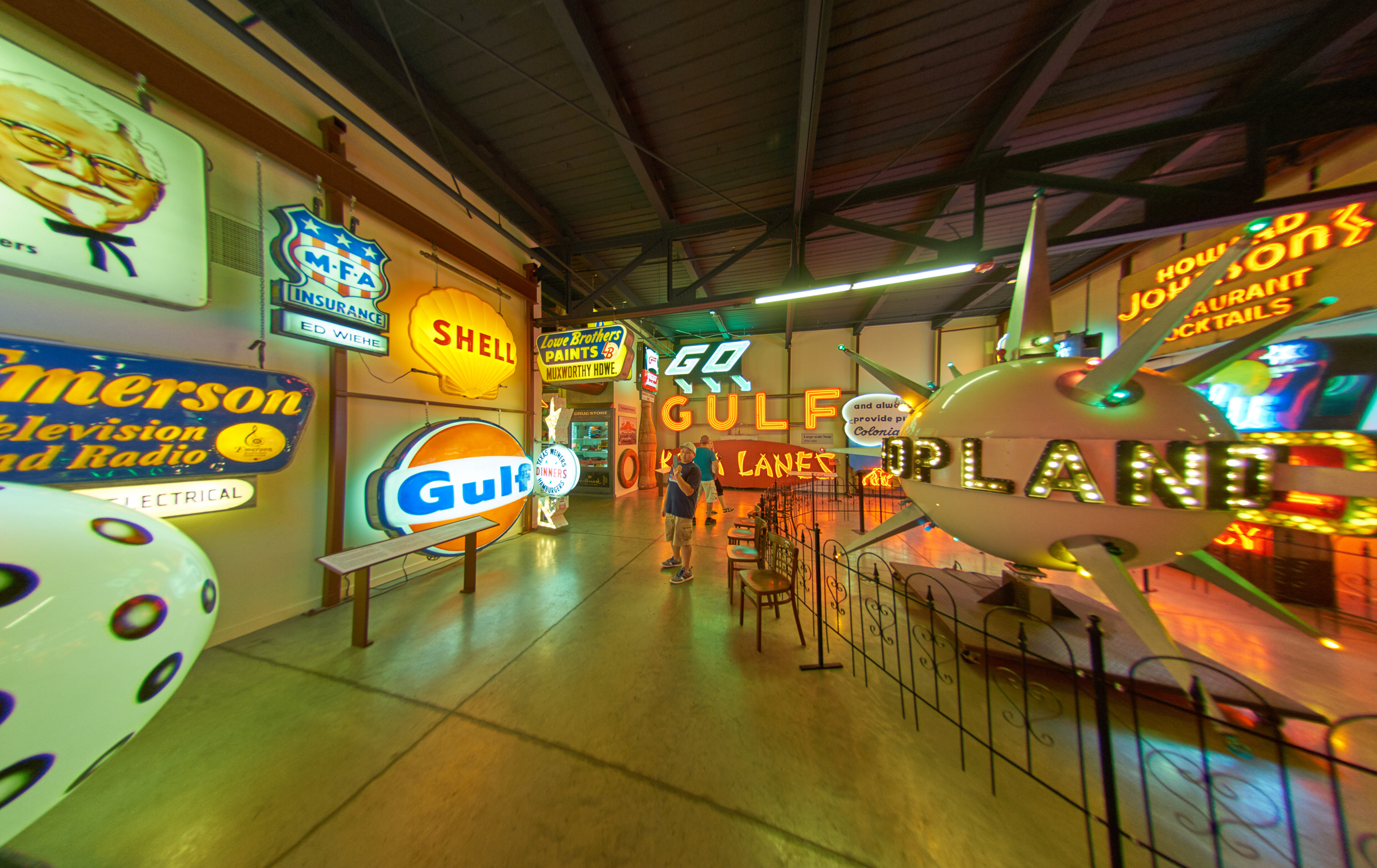

While the big art museums are interesting, it is the more obscure destinations that often delight. The American Sign Museum is worth a stop.
Learn more, here.
Today, Kaplan is a vice president and distinguished scientist at Nuance Communications, which has become probably the biggest player in the voice interface business: It powers Ford’s in-car Sync system, was critical in Siri’s development, and has partnerships across nearly every industry. But Nuance finds itself in a crowded marketplace these days. Nearly every major tech company—from Amazon to Intel to Microsoft to Google—is chasing the sort of conversational user interface that Kaplan and his colleagues at PARC imagined decades ago. Dozens of startups are in the game too. All are scrambling to come out on top in the midst of a powerful shift under way in our relationship with technology. One day soon, these companies believe, you will talk to your gadgets the way you talk to your friends. And your gadgets will talk back. They will be able to hear what you say and figure out what you mean.
If you’re already steeped in today’s technology, these new tools will extend the reach of your digital life into places and situations where the graphical user interface cannot safely, pleasantly, or politely go. And the increasingly conversational nature of your back-and-forth with your devices will make your relationship to technology even more intimate, more loyal, more personal.
After graduating from journalism school, I took a job at a tiny local paper in Northern California. I didn’t know this until I got there, but this paper was one of the few, and one of the last, perhaps, to publish long, reported obituaries for the common man, woman, and, even, child. Writing them became one of my primary tasks. The work was rewarding but difficult—I will never forget doing a two-page spread about the 9-year-old girl who drowned in a creek while having a picnic with her mom, for instance. I read reams of letters, diaries, and yellowed news clippings so old they crumbled in my hands, visited the homes of bereaved families, tracked down old photo albums—all to tell the stories of humans I would never know. I loved it.
Even before that job, though, the obituary form captivated me. You might even say it was an obsession; upon entering parties or business meetings, my mind would flash to what the obituary would be like for the person in front of me. (In my defense, the interest was also literary. They are kind of the ultimate in storytelling.) My mom traces these thoughts back to a serious car accident, about ten years ago. “You are very aware that the end could happen at any time,” she says.
But even though my days as an obituary writer were not that long ago, the culture of obituaries has changed greatly in the last few years. For one thing, newspaper numbers are dwindling: from 1990 to 2006, Pew Research Center calculated a 14 percent drop in daily papers in circulation. Social media has transformed how we communicate, as well, creating constantly pruned self-told stories. The obituary as we know it might be over. How will we remember the dead in the future? And what did we do in the past?